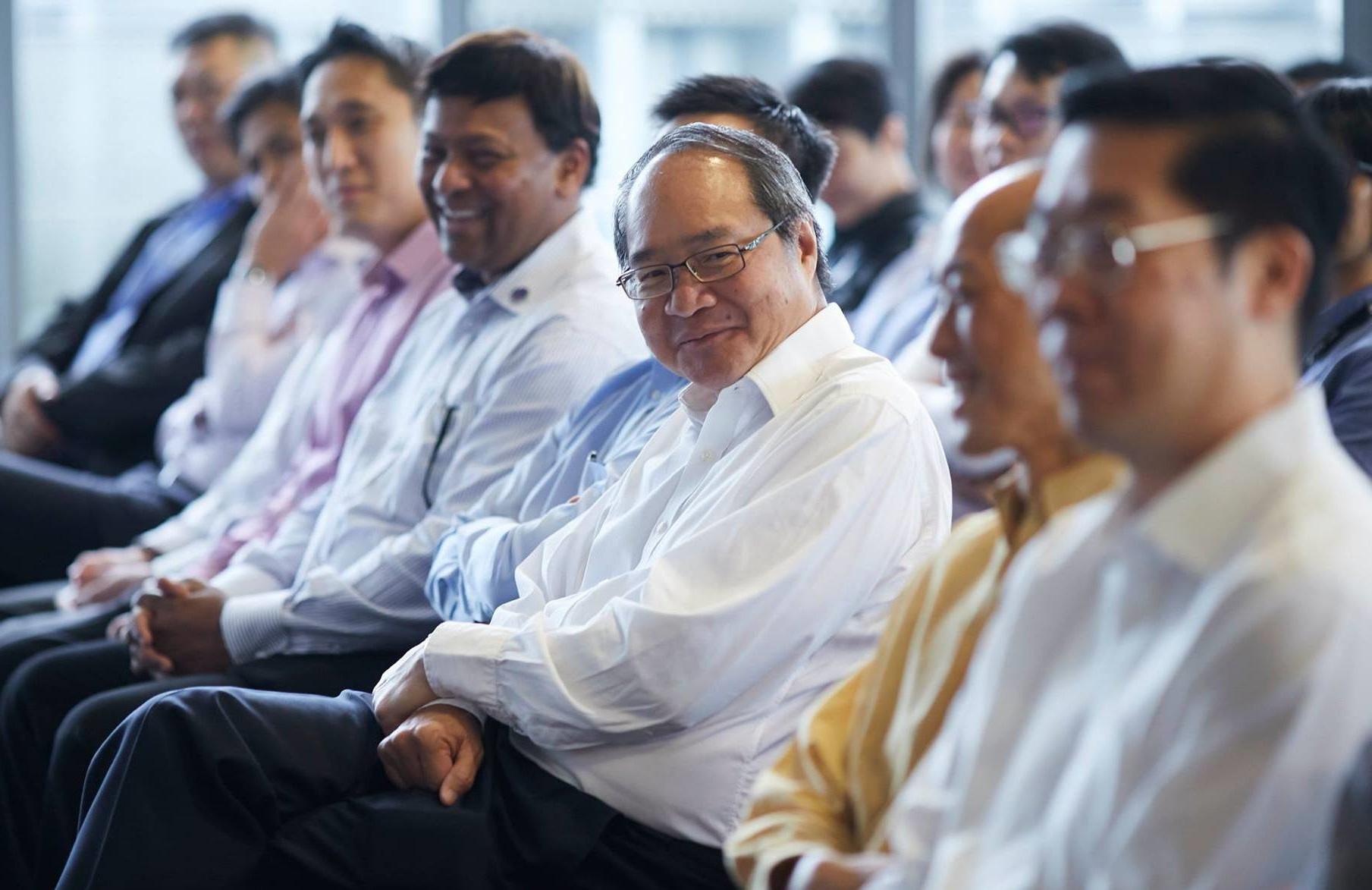The Attorney-General's Chambers (AGC) made a public statement on the role of the Attorney-General (AG) with regards to the Section 377A of the Penal Code.
AG Lucien Wong made clear on Oct. 2 that Singapore's Public Prosecutor (PP) retains "full prosecutorial discretion" over 377A, which criminalises sex between men.
According to the Criminal Procedure Code, the Public Prosecutor is the same person as the AG.
Attorney-General has the power
In a media statement, Wong referred to Article 35 (8) of Singapore's Constitution, which states:
"The Attorney-General shall have power, exercisable at his discretion, to institute, conduct or discontinue any proceedings for any offence."
Wong added:
"The discretion to institute, conduct or discontinue any proceedings for any offence is vested in the Attorney-General as the Public Prosecutor."
This includes offences under 377A.
Public interest considered, but discretion is up to the AG
Wong explained that if the Police conduct investigations into an offence under 377A, they will decide whether or not there is sufficient basis to refer the case to the PP.
If so, the next decision is up to the PP. Said Wong:
"It will then be for the PP to determine whether to prosecute. In doing so, the PP exercises his independent discretion on whether to charge the offender, solely on the basis of his assessment of the facts, the law, and the public interest.
While the PP is entitled to consider public policies in exercising his discretion, these do not fetter the exercise of prosecutorial discretion."
He gave an example of such discretion being exercised:
"In the case of section 377A, where the conduct in question was between two consenting adults in a private place, the PP had, absent other factors, taken the position that prosecution would not be in the public interest. This remains the position today."
[related_story]
Response to former AGs
AGC's statement was released following public comments made by two former AGs, V. K. Rajah and Walter Woon.
Wong said that such comments could give an "inaccurate impression" of the exercise of the PP's discretion. Said Wong:
"Former attorneys-general, Professor Walter Woon and Mr V K Rajah, have recently suggested that it is not desirable for the Government and Parliament to direct the Public Prosecutor not to prosecute offences under Section 377A of the Penal Code, or to create the perception that they are doing so.
"Such comments may give rise to the inaccurate impression that the exercise of the Public Prosecutor’s discretion has been removed or restricted in respect of Section 377A."
VK Rajah: 377a is 'constitutionally unsatisfactory'.
Rajah, who served as AG from 2014 to 2017, wrote a commentary for the Sunday Times on 377a, published on Sept. 30.
Titled Section 377a: An impotent anachronism, Rajah discussed the constitutional position of the law, calling it "unsatisfactory".
Said Rajah:
"From a legal point of view, the assurance given in Parliament that Section 377A although not repealed will not be enforced, is constitutionally unsatisfactory. The Government, or even Parliament for that matter, cannot selectively decide which laws in force to enforce.
The public prosecutor alone is constitutionally charged with the responsibility for enforcement. He is duty bound to consider enforcement of all laws that are infringed. Selective enforcement of laws undermines the rule of law, creating perceptions that prosecutions can be directed by the Government or pursued on non-legal grounds."
Rajah was referring to the government's public stance that while the law may remain on the books, it will not be "proactively" enforced by the government.
Walter Woon warns of the slippery slope
Woon served as Singapore's Solicitor-General from 2006 to 2008, and AG from 2008 to 2010.
Woon is a signatory to Ready For Repeal, the public petition set up by Singaporeans to call for the repeal of 377a.
On the petition's website, Woon says:
"We cannot have a crime which is not enforced. The Government should not tell the Public Prosecutor that some things are crimes but there will be no prosecution. This is a slippery slope that we should not go down."
Woon had advocated repealing the law at least as far back as Sept. 2014.
At the 12th NUS Tembusu Forum, Woon said that he viewed it as a "constitutional problem". During the forum, he said:
"So we have a very dangerous precedent here where the political authorities are saying to the Public Prosecutor - who is supposed to be independent - there are some laws that you don't enforce. I find that very uncomfortable."
Woon and Tommy Koh
Interestingly enough, the person who disagreed with Woon at that 2014 forum was none other than Ambassador-at-large Tommy Koh.
At the time, he said that a majority of Singaporeans were against a repeal, according to opinion polls, and that the government's difficulty in balancing opposing opinions should not be underestimated.
In Sept. 2018, Koh said that he would encourage Singapore's gay community to bring a class action to challenge the constitutionality of 377a, following the repeal of a similar law by India.
Koh is also a signatory to Ready For Repeal.
Top image from NUS Law Facebook.
If you like what you read, follow us on Facebook, Instagram, Twitter and Telegram to get the latest updates.
